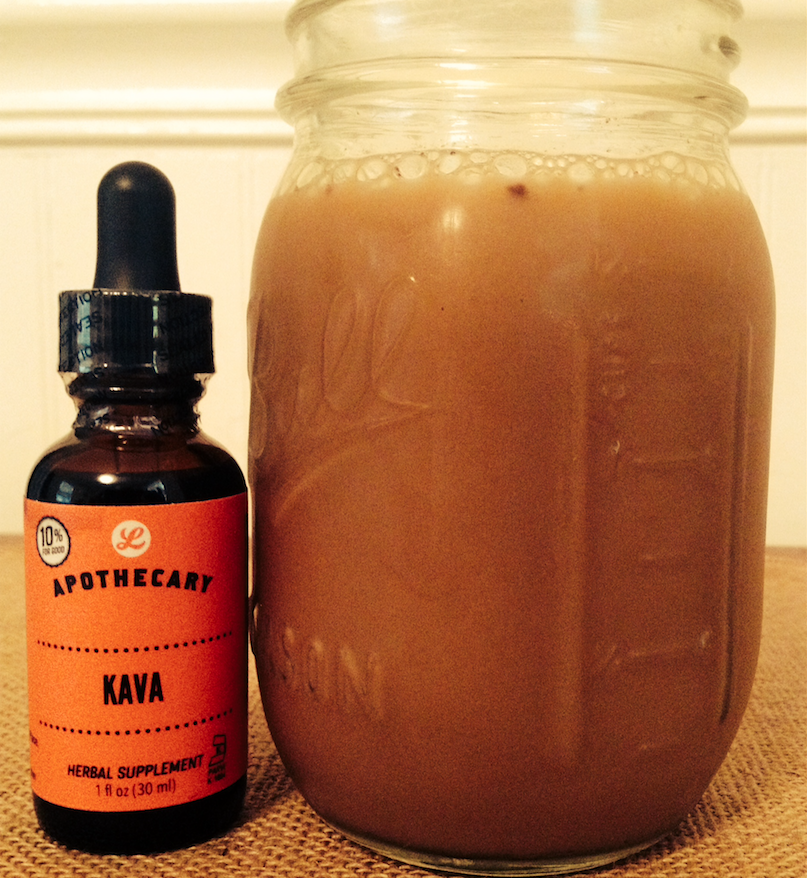Kava is a centuries-old herb that has gained renewed popularity in the world of wellness. Known for its euphoric, relaxing effects, the kava plant is native to Western Pacific regions and has been used frequently in ceremonial and social settings. A member of the pepper family, this bitter tasting plant is known scientifically as Piper methysticum (intoxicating pepper). The intoxicating, tranquil feeling comes from kavalactones, specifically kavain, the active ingredient. The leaves and stems of kava can actually be poisonous, so only the root is viable for use in teas, tinctures and capsules. Although Polynesian cultures have long known the benefits of kava, the mainland United States and other countries only became wise to the plant’s potential in the past 20 years. It has been used as a natural treatment to reduce anxiety, stress, insomnia, and most recently as a healthier alternative to alcohol, according to a study published in PLOS ONE.
Bars and lounges that specialize in a variety of kava drinks have been popping up all around major cities, all throughout Florida, and even in Gainesville at Mai Kai Kava Bar. Fans of kava report it produces the calming, blissful effects of alcohol without the loss of mental clarity. Aside from its murky brown color and bitter taste, there are few drawbacks to this natural high.
You do not need access to a kava bar to make your own delicious kava concoctions. Kava root is available for purchase online or at local health food stores. Then just follow these simple recipes or create your own.
Traditional Kava Tea — This tea is a classic mixture of water and kava root powder.
Kava Root Latte — A simple blend of cinnamon, almond milk, syrup and kava.
Tropical Kona Kava Smoothie — This smoothie is a mixture of milk, fresh fruits and kava.
Related Articles
Poolside Cocktails to Celebrate the Weekend

